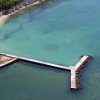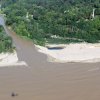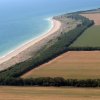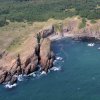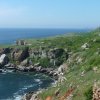Center for Coastal & Marine Studies
MSP-GREEN project website is officially launched!
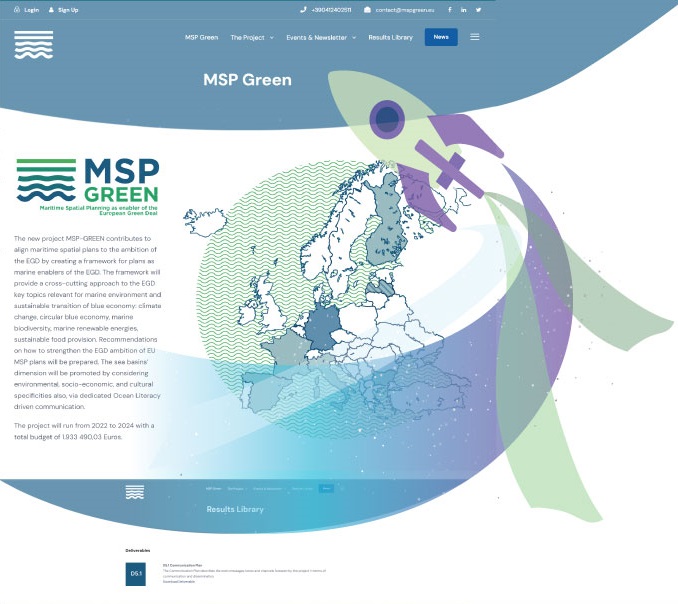
You can find information about:
• Project’s objectives and overall activity structure
• Consortium team
• MSP and EGD
• Project results and deliverables
• Events and Newsletter
Follow it at: https://mspgreen.eu
We are also happy to announce, that the MSP-GREEN D2.1: The Green Deal component of the EU MSP Plans, along with Infographic and Country Summaries are published and ready to look and read!
Blue Horizons newsletter is out!
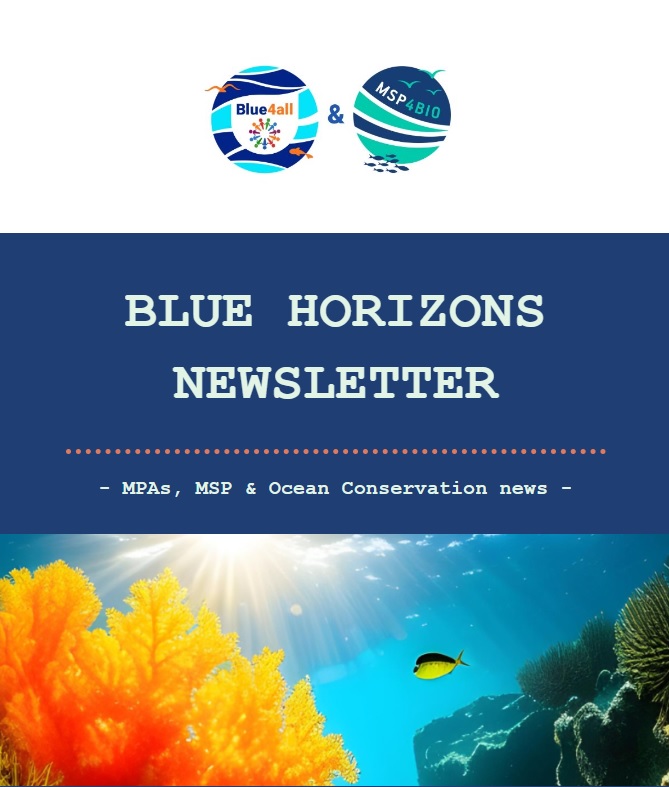
MSP4BIO Project has united BLUE4ALL Project to put together Blue Horizons, a newsletter focusing on Marine Protected Areas, Maritime Spatial Planning & Ocean Conservation news, particularly around these two projects, upcoming events, opportunities & announcements, and highlighting sister project features as well!
Welcome to the 1st edition of Blue Horizons!
The EU and OACPS call for swift ratification and implementation of the “Treaty of the High Seas”
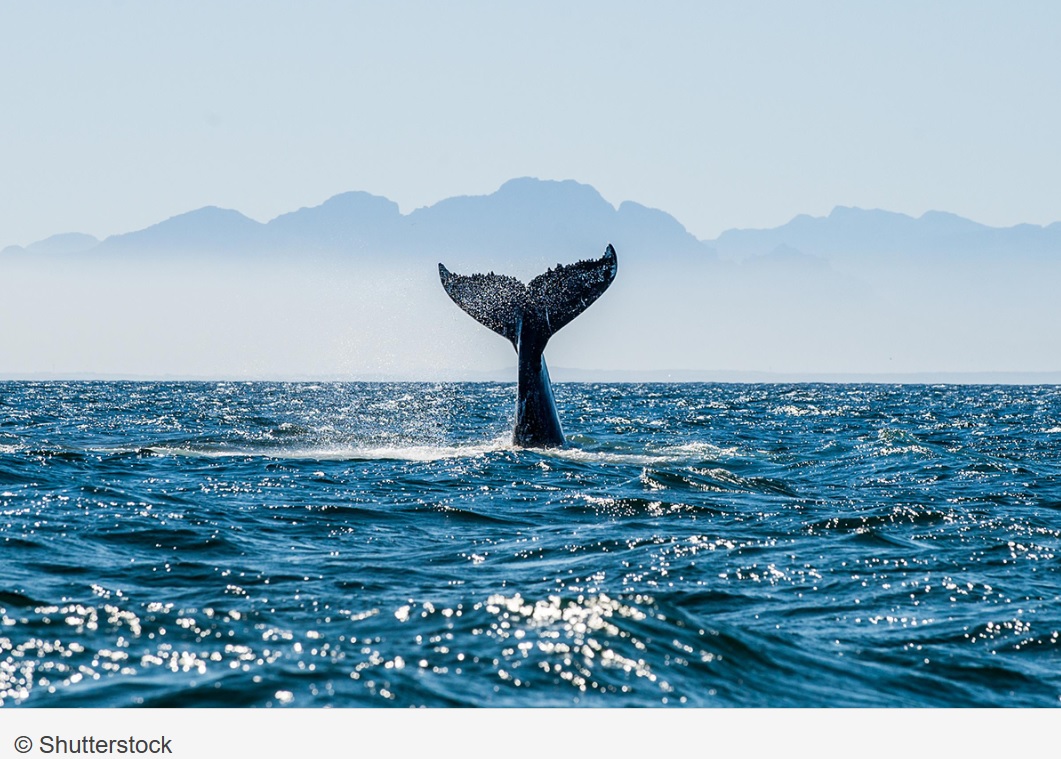
The European Union (EU) and the Organisation of African, Caribbean, and Pacific States (OACPS) welcome signature of the BBNJ agreement (biodiversity beyond national jurisdiction), also known as “Treaty of the High Seas”. This agreement is key to protect the ocean, promote equity and fairness, tackle environmental degradation, fight climate change, and prevent biodiversity loss in the high seas.
The adoption of this Agreement is an historic achievement marking the successful end of more than a decade of multilateral work. It is also a welcome addition to the United Nations Convention on the Law of the Sea (UNCLOS), which provides the legal framework under which all activities in the ocean take place.
Autumn 2023 is going to be an intensive period for MSP-GREEN
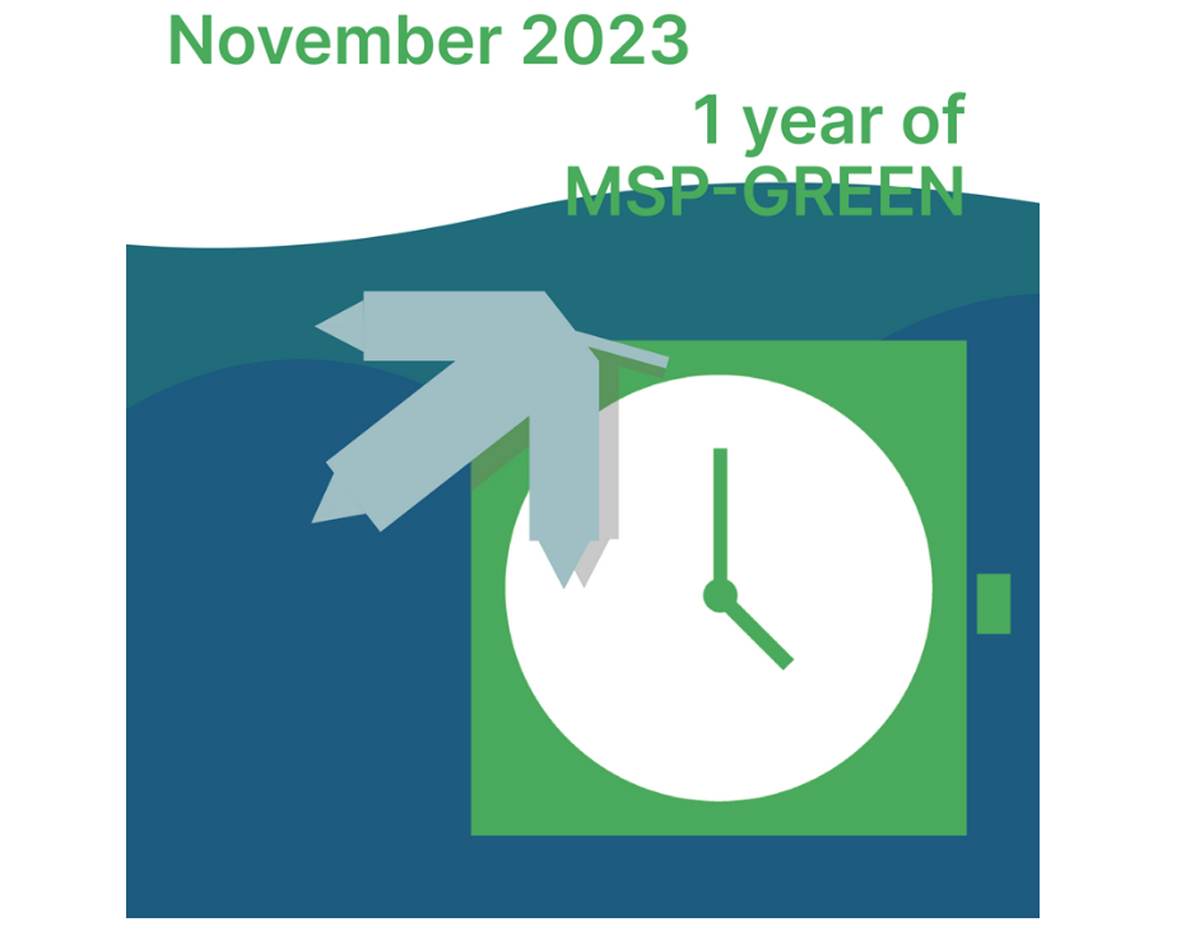
Autumn 2023 is going to be an intensive period for the EMFAF MSP-GREEN project, after the delivery of D2.1 The Green Deal component of the EU MSP Plans (Check it out in the Results page if you missed it!).
The project consortium will prepare for the Third Steering Committee and the Exchange on valuable practices Workshop to be held in November 2023.
Keep an eye on the MSP-GREEN website page for further information and updates: https://mspgreen.eu/
























